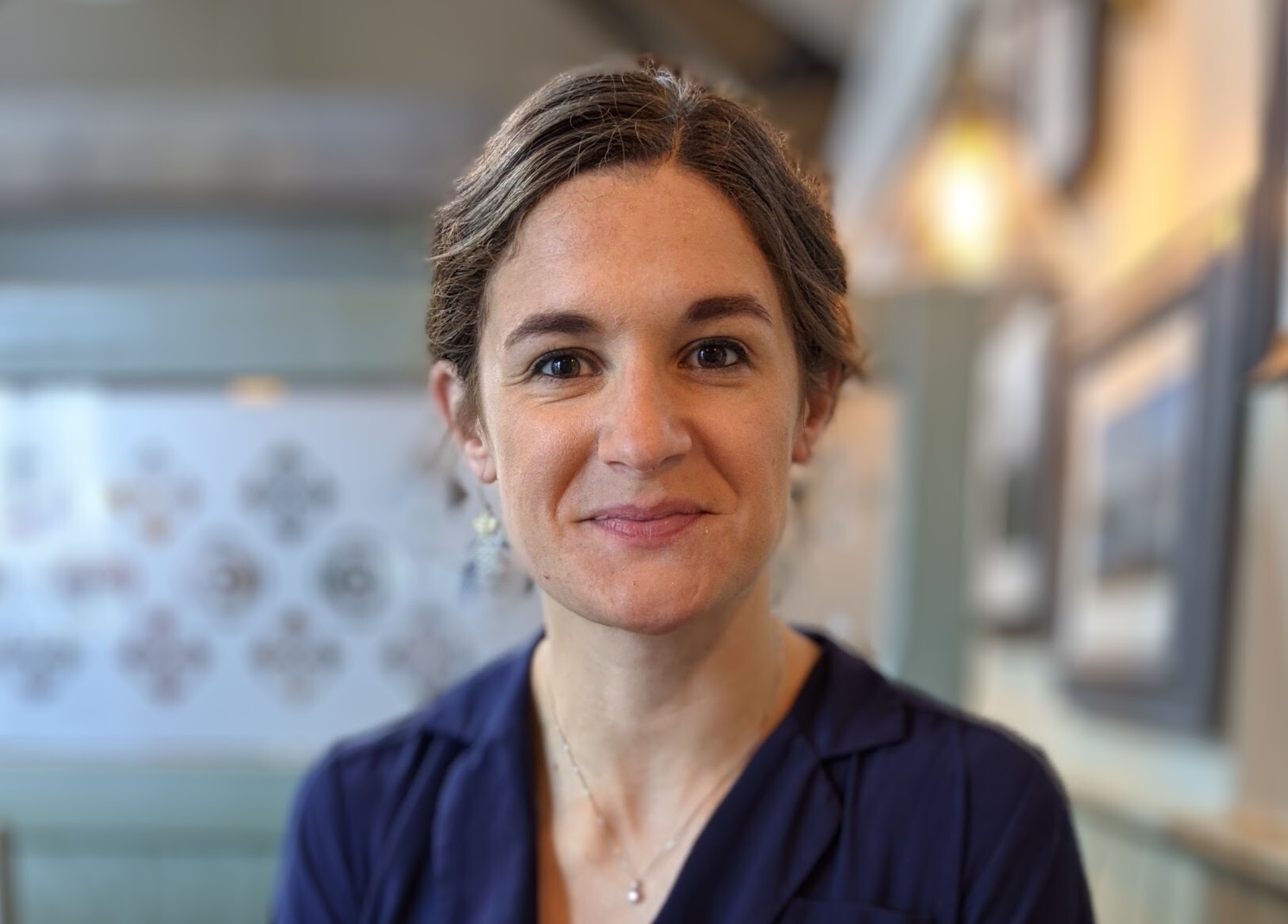Dr Lorna Suckling completed her PhD at the ICR in 2017 and has worked in both academia and industry, building expertise in early-stage drug discovery. Her current role is at GSK where she leads a team that specialises in high-throughput screening and automation.
Following her undergraduate and master’s degree in biology at the University of Bath, Lorna worked as an Associate Scientist at GSK working on in vitro drug screening. Enthused by this area of research, she was keen to gain more in-depth scientific experience and training by doing a PhD at the ICR.
“I was attracted by the joint mission of everyone at the ICR to develop better treatments for cancer patients and the truly multi-disciplinary nature of the work – with chemists, biologists, clinicians and physicists all working together to meet that goal,” she says.
Lorna’s PhD project focussed on evaluating the HSP70 family of molecular chaperone proteins as potential drug discovery targets. Alongside her research, she also engaged in a variety of other activities that have contributed to her success in future roles.
“I was involved in the student committee where I took on various roles including president, which allowed me to develop different skills in areas such as leadership, events organisation and networking,” she reflects. “I also volunteered to work at the pH bar and loved getting involved in the mini-Olympics events each year.”
After completing her PhD, Lorna worked as a postdoctoral researcher at Imperial College London before returning to industry as a Senior Scientist at GSK. In her current position as Team Leader at the company, she focuses on using automation and new technologies for cell-based drug screening.
“I love the leadership aspect of my role; I enjoy working with my team on their individual development and seeing them grow as scientists,” she says. “I also enjoy the opportunity to stay at the forefront of my scientific area, keeping in touch with new technologies and how to apply these to improve the discovery of drugs for patients.”
Lorna has this advice for prospective students who are considering carrying out a PhD at the ICR:
“The ICR is a fantastic place to complete your PhD,” she says. “Not only is the focus on excellent research but, importantly, on developing students as fully rounded professionals ready to succeed in their careers. There are opportunities to get involved in a range of different activities, both social and professional – and to work in a supportive and friendly environment while conducting patient-focussed research.”


